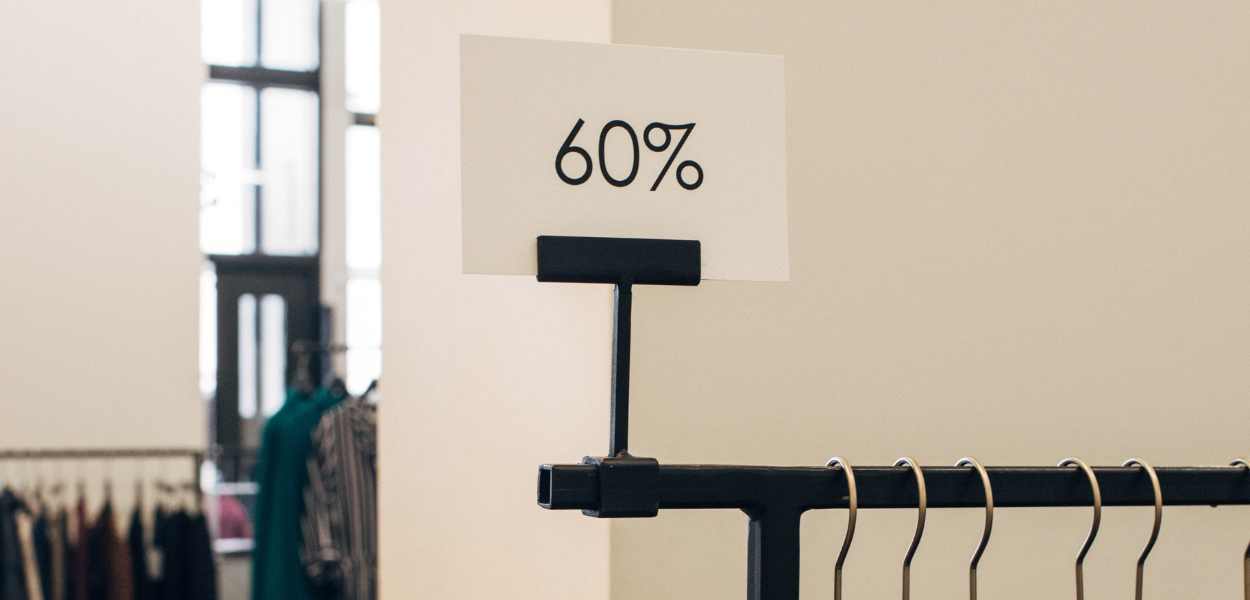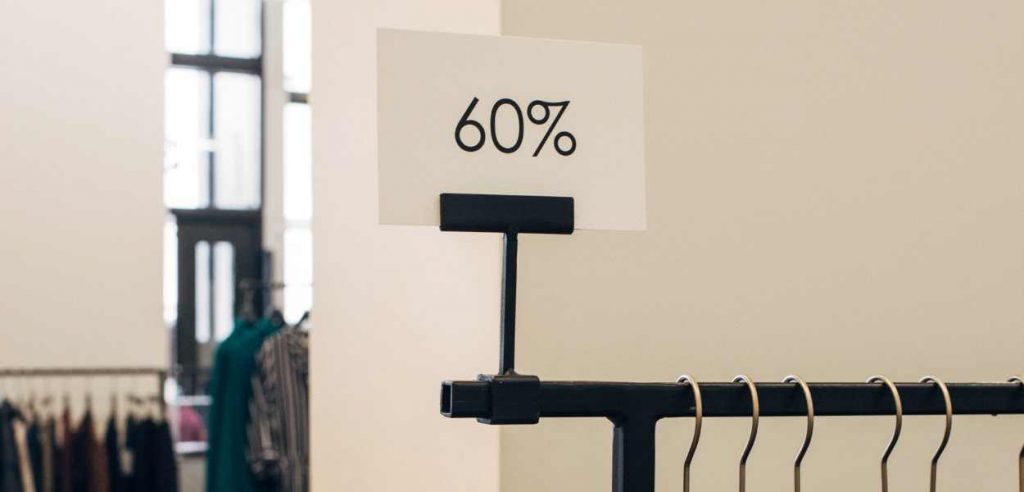Black Friday is a date known worldwide today… but how did it start?
Black Friday and the promotion season
Every year, in the month of November, we see discount labels scattered in physical and digital stores. Black November, Saldão Black… the variety of names for the Black Friday, a.k.a the season most awaited by promotion lovers, is huge around the world. But, did you know that the tradition of this date is American and that it has a historical context connected to it?

The last Thursday of November is Thanksgiving Day. The date, which is strongly celebrated in the United States, Canada and the Caribbean Islands, is marked by prayers and parties that bring together family and friends in a ceremony that aims to thank the good things of the year that is about to end. This year, the holiday takes place on Thursday (24). However, it is the day after the holiday in question that we will discuss here, the famous: Black Friday.
Myths & truths of the history of Black Friday
The first recorded use of the term “Black Friday” was applied not to the Thanksgiving shopping holiday but to a financial crisis, specifically, the US gold market crash of September 24, 1869. Two familiar names from Wall Street, Jay Gould and Jim Fisk worked together to buy as much of the country’s gold as possible. They hoped to drive the price sky-high and sell it for staggering profits.
On the Friday of September of that year, their conspiracy finally unraveled, sending the stock market into a free fall. Therefore, bankrupting everyone, from Wall Street barons to farmers.
However, this is not the best-known explanation for the origin of the last Friday in November shopping tradition. After a full year of operating at a loss (“in the red”), stores would supposedly turn a profit (“go in the black”) the day after Thanksgiving because holiday shoppers spent too much money on holiday shopping.
While it’s true that retail companies often record losses in red and profits in black when doing their accounting, this version of Black Friday’s origin is romanticized.
The Real Story: Where & How Black Friday Began
The true story behind Black Friday, however, is not quite as pretty as what we discussed earlier.
In the 1950s, Philadelphia police in the United States used the term to describe the chaos that ensued the day after Thanksgiving. On that date, a large group of shoppers and tourists flooded into town before the big Army-Navy football game that Saturday.
Not only did city police officers lose the day off, they also had to work extra long shifts dealing with crowds and additional traffic. Shoplifters also took advantage of the confusion and stole various goods.
In 1961, the term “Black Friday” became popular in the region to the point that merchants and supporters of the city tried, without success, to change it to “Big Friday” – “great Friday” in good Portuguese. commercial date of what happened a few years ago. However, it was an unsuccessful attempt and, little by little, the term spread throughout the rest of the country.
Sometime in the late 1980s, retailers found a way to reinvent Black Friday and turn it into something that reflected positively, rather than negatively, on them and their customers. That’s why they decided to disseminate the “red to black” concept more strongly, reinforcing the idea that the day after Thanksgiving Day would be marked by the moment when the stores finally turned a profit.
The created narrative of Black Friday caught on and soon the term’s more controversial roots in Philadelphia were largely forgotten and the term spread worldwide.
However, another possible origin for Black Friday has been debated in recent years. According to History.com, in the 1800s, southern plantation owners could buy enslaved laborers at a discount the day after Thanksgiving.
As much as this version of the Black Friday story has led people around the world to boycott the retail promotional date, it has no historical proof and, for now, is nothing more than a myth.
Market expectations & consumer culture
A Black Friday brasileira não acontece somente na sexta-feira após o dia de Ação de Graças. Fica a cargo de cada marca a opção pelo período que vai fazer suas promoções e, algumas, escolhem dar descontos durante um periodo maior. Em outras palavras, por mais que a tradição seja forte em solo americano, em outros locais do ano, as datas de promoções duram por semanas ou até mesmo o mês todo de Novembro.
According to a survey by Statista in 17 countries in 2022, an average of 43 percent of global consumers were thinking about taking advantage of Black Friday and Cyber Monday sales when shopping for the holiday season. Consumers in European countries, such as, Sweden, Norway, and the Netherlands, were some of the least likely to participate in Black Friday sales during the holiday season.
We see these numbers decrease in Europe precisely because they are countries that are currently more ecologically aware and have a less emphatic consumer culture. However, there are always two sides to the same coin and, of course, Black Friday promotions could not be different.
Andreia Meneguete, specialist in Branding and Material Culture and Consumption, and professor of Fashion, Ethics and Sustainability at USP, sees the date as an opportunity, both for retailers and consumers. According to the specialist, trying to look at this date only “as an instrument of consumerism can be a biased look, as many people wait for the date to buy something they cannot afford throughout the year. It all depends on which group we are seeing this consumption perspective”.
She also adds that “trying to talk about sustainability in a society that has consumption as a pillar of its existence, since it is transversal to capitalism, would be to reduce the discussions that involve consumption in our social dynamics. Consumption is a vector that inserts or includes the individual when we think of symbolic, economic and cultural dimensions.”
That is, while many environmental activists criticize the date for the high consumption that is instilled in people, it is important to understand that it is an annual opportunity to purchase products at lower costs.
If you fit into the group that anxiously waited for the date to go shopping at that time, be aware: Black Friday is not synonymous with good discounts. Accusations of fraud during this period are not uncommon. Therefore, it is very important to do a lot of research before finalizing the purchase and ensure that the site in question is reliable. This way, you avoid falling into scams and guarantee that little price that really paid off in your pocket.
If you’re passionate about the world of fashion, art and photography… we have the perfect article for you! Take a look at “A Historical & Inspirational to Fashion Photography”.






